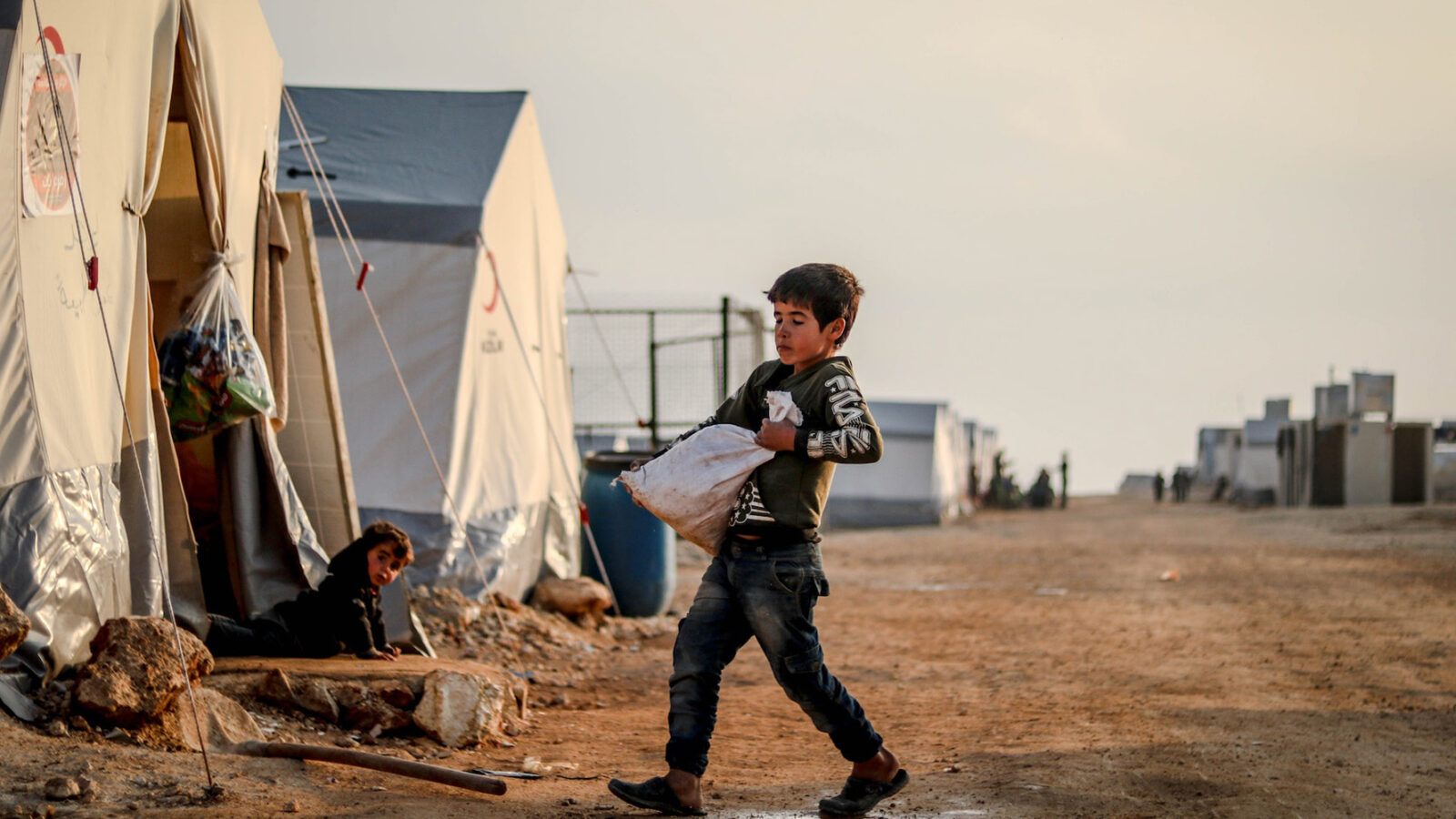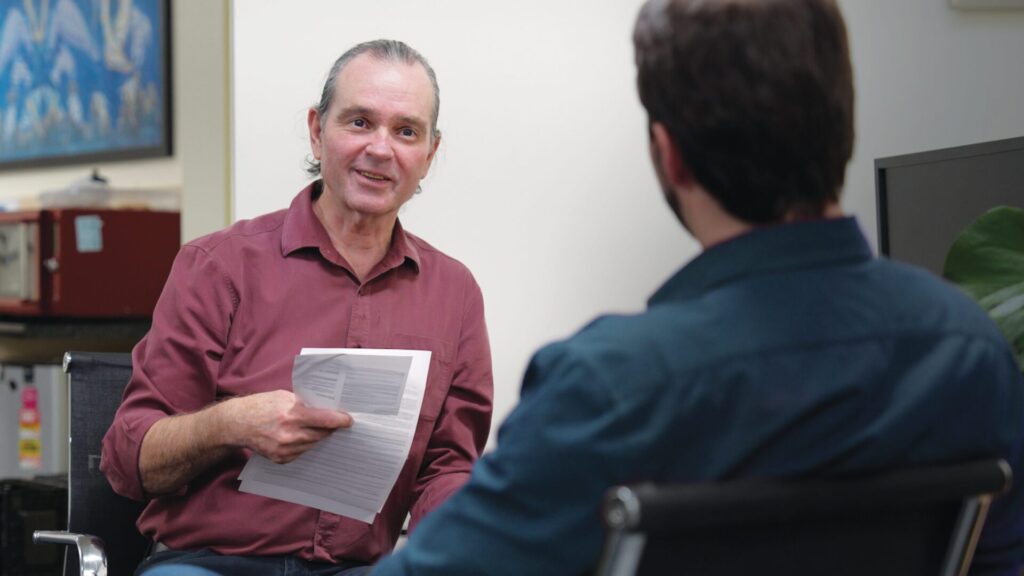Adventists are keen observers of world events. Often we see the signs that the second coming of Jesus to earth is near. False Christs, wars, famines, earthquakes (Matthew 24:5-7) are such signs and each of them cause devastation and people movement as a consequence.
People flee events such as violence, persecution, the shortage of food or a natural disaster and sometimes become refugees. A refugee is someone who has been forced to leave their country to seek survival and safety somewhere else. It is estimated that there are 103 million forcibly displaced people in the world, with 53.2 million of those internally displaced and 32.5 million are refugees. About 8 million people have left Ukraine alone since the war started. Millions are moving out of Sudan and Myanmar. Drought in Eastern Africa is also forcing people movement.
People who move are looking for hope and a better life. Some have less of a choice than others. As a boy, Jesus went to Egypt with his parents at the call of God to escape the tyrannical grasp of Herod (Matthew 2:13-15). He was an isolated refugee.
Adventists are also willing to help those in crisis from the “signs of the times”. In fire, flood, cyclone, tsunami and war, local Adventist church members have provided whatever is needed—including water, shelter, food, transport . . .
In the recent cyclone in Vanuatu, local churches provided water and food to those who lost most worldly possessions, including houses and gardens.
The Adventist Development and Relief Agency (ADRA) does this work professionally, with projects in more than 107 countries around the world, often supporting refugees or people in disaster.
For example, in Ukraine and the surrounding countries, ADRA reports having provided nearly $US40 million in humanitarian assistance, activating more than 5000 church volunteers and transporting more than 60,000 people from the conflict zone. They have provided food, hygiene packages, medical checks, language classes, winterisation projects and integration support as well as many other forms of help.
In Fiji in the past two years, ADRA has piloted the Disaster Ready Churches program: teaching church and community people how to create safe places in disaster, and how to support and not hinder governments and aid agencies. It enables people to assess what is needed at the right time.
Disasters in the past led to the movement of people that changed others’ lives. Namaan was healed and followed Israel’s God because a servant girl captured in war remembered the power of the prophet Elisha (2 Kings 5:1-19). Daniel and the Jewish exiles took the knowledge of the One Almighty God to Babylon—even Babylon’s foremost king Nebuchadnezzar acknowledged Daniel’s God as the true God (Daniel 1-4). God reversed the curse of the Tower of Babel at Pentecost as the Spirit enabled the first disciples of Jesus to speak in other languages. These Jews from the diaspora took the message of Jesus back to the places they came from (Acts 2:4-11).
The current refugee movement is bringing people who have never heard of Jesus into contact with people who have. Muslims from the Middle East and North Africa are connecting with Christians in Europe, North America and in the Pacific. The Hindu diaspora is in most parts of the world. Students from Muslim and Communist countries are studying in countries where there is freedom to share Jesus. People within Africa are moving from Muslim areas to Christian-populated areas in search of food. Could God be giving Christians and Adventists all over the world an opportunity here?
If treated well, people in transition are open to explore new ideas and even find faith in our loving God. We are called to do good for God’s sake without expecting a payback. But by just doing good we often find people who are receptive to the Jesus who lives in us.






